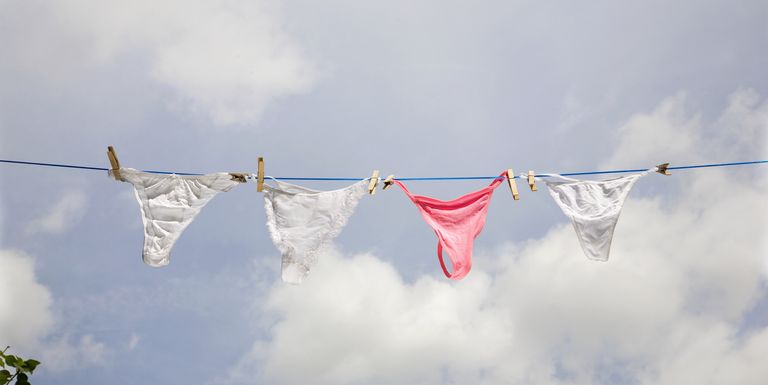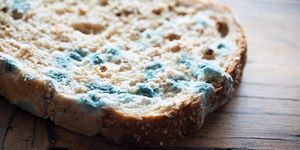
Welp, you have a yeast infection. The burning and itching is annoying AF, and now you can’t even have sex, right?
Surprise! Sex isn’t totally off the table—that is, as long as the thick, white discharge doesn’t dissuade you. “A yeast infection is just an irritation of the vaginal canal,” says Chicago ob-gyn Jessica Shepherd, M.D. “As long as it feels comfortable for you, you can still have sex,” she says.
That said, you probably have a few questions before deciding whether to have sex with a yeast infection. So let’s take a stab at answering a few of them:
Can having sex make the infection worse?
Maybe. Here’s the thing, a yeast infection is caused by an overgrowth of a fungus called Candida. (Candida naturally hangs around in your vag, but it usually stays in check.)

A sensitivity to your partner’s sperm, lube, or latex from the condom can all mess with the natural balance of yeast in your vagina—continuing to aggravate the infection, says Shepherd.
If you suspect one of these factors might have triggered your yeast infection in the first place, hold off on sex until you’re able to seek treatment and talk to a doc about potential allergies.
Are yeast infections contagious?
It’s possible. While a yeast infection isn’t an STD, there’s a small chance you can pass a yeast infection to your partner. In fact, 15 percent of men will get an itchy rash on their penis after having sex with a partner with a yeast infection, says the Office on Women’s Health.
If he does come down with a rash (or you’ve been getting chronic infections), he’ll need to be treated as well. Even though the odds are in his favor, this is something you both should talk about before getting it on.
ALSO: You should definitely know that yeast infection meds can damage condoms, and make them more prone to breakage. Oof.
What should I do if I get a yeast infection?
The symptoms of a yeast infection are similar to other STDs, like bacterial vaginosis. You’ll want to make sure that what you have is actually a yeast infection so you can be properly treated.

If your doc has diagnosed you with one before, you’ll know when it happens again, and you can generally go ahead and address it with OTC meds like Monistat, says Shepherd.
But, if this is a new experience for you (congrats #sarcasm), head to your gyno to get the right diagnosis.
How long does it take for a yeast infection to go away?
A mild yeast infection will likely clear up in 48 hours after starting medication, says Shepherd.
However, chronic infections may require a longer course of treatment. (FYI: Having four or more yeast infection a year isn’t normal, so talk to your doctor if that’s happening to you.)
So, how do I prevent a yeast infection?
Eat more fresh foods and less processed junk, says Shepherd. Taking a probiotic can also help keep the balance below in check. And, get in touch with your body. “Pay attention to the actual infection, and know what things might trigger it for you,” says Shepherd. Avoiding those potential instigators—like hanging in wet swimsuits or sweaty gym clothes—can help keep you in the clear.
Source: Read Full Article





